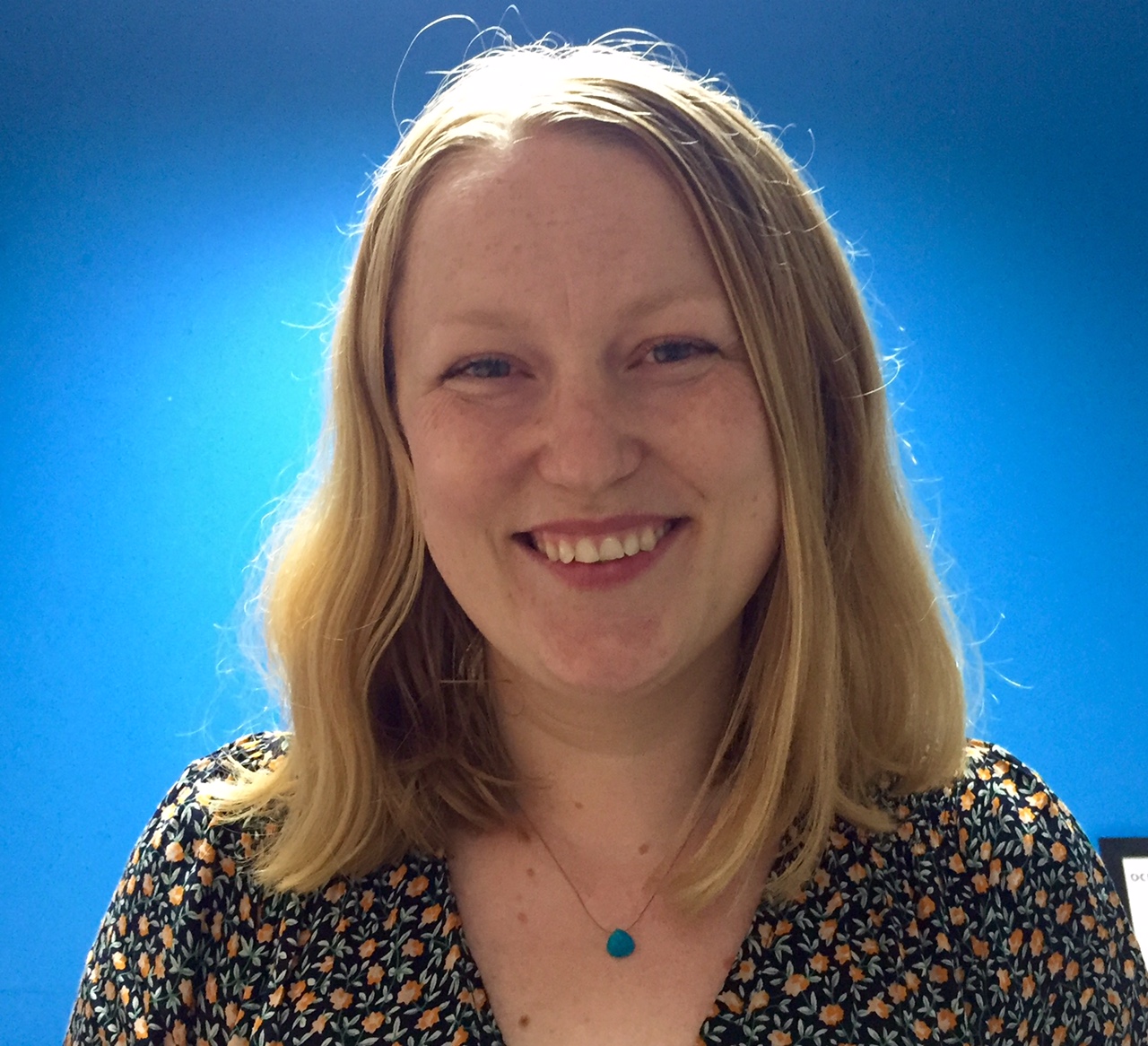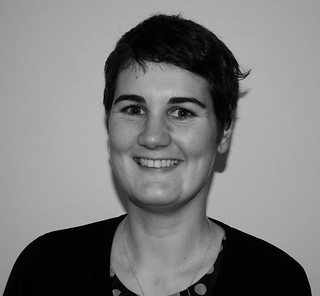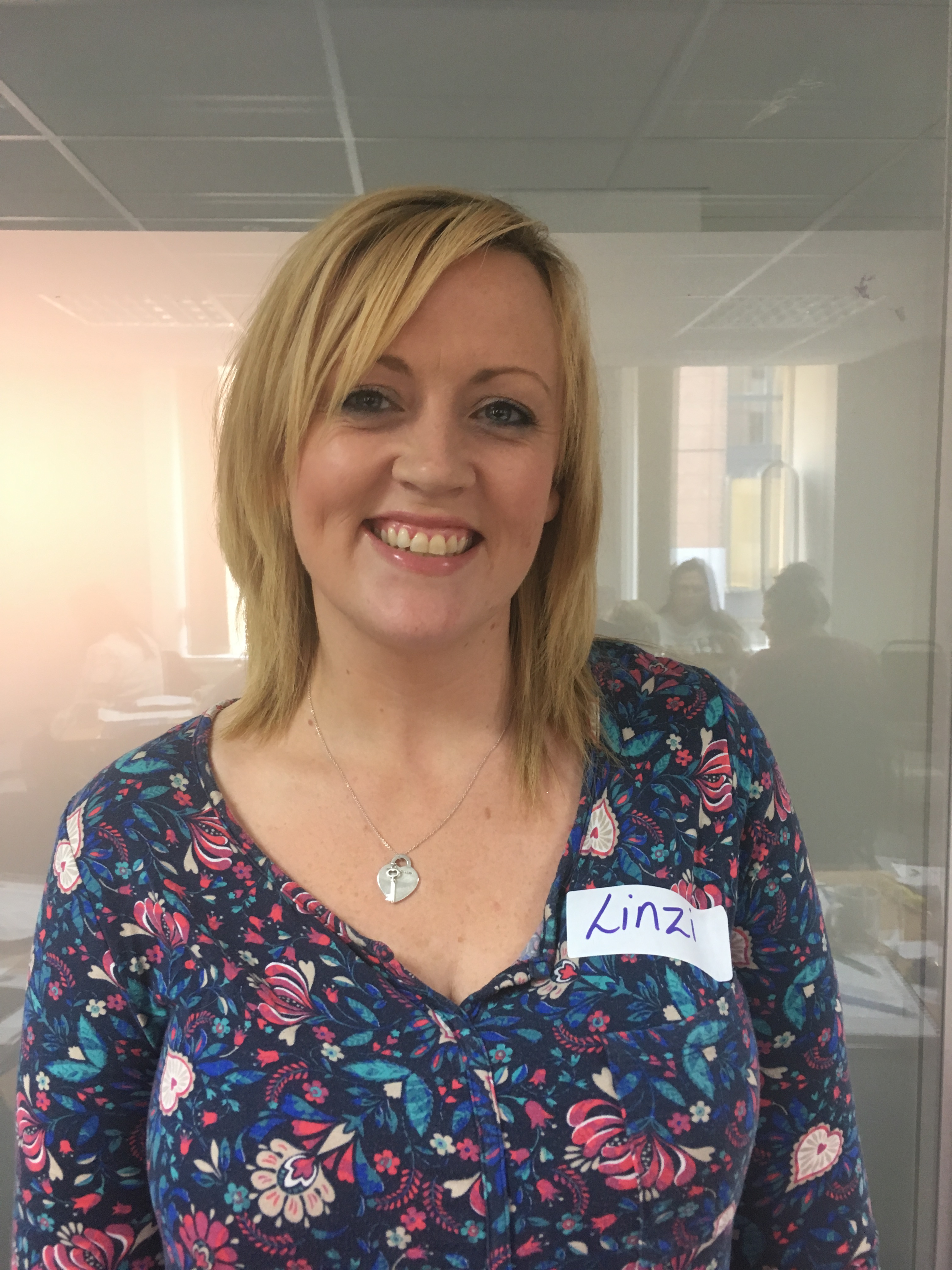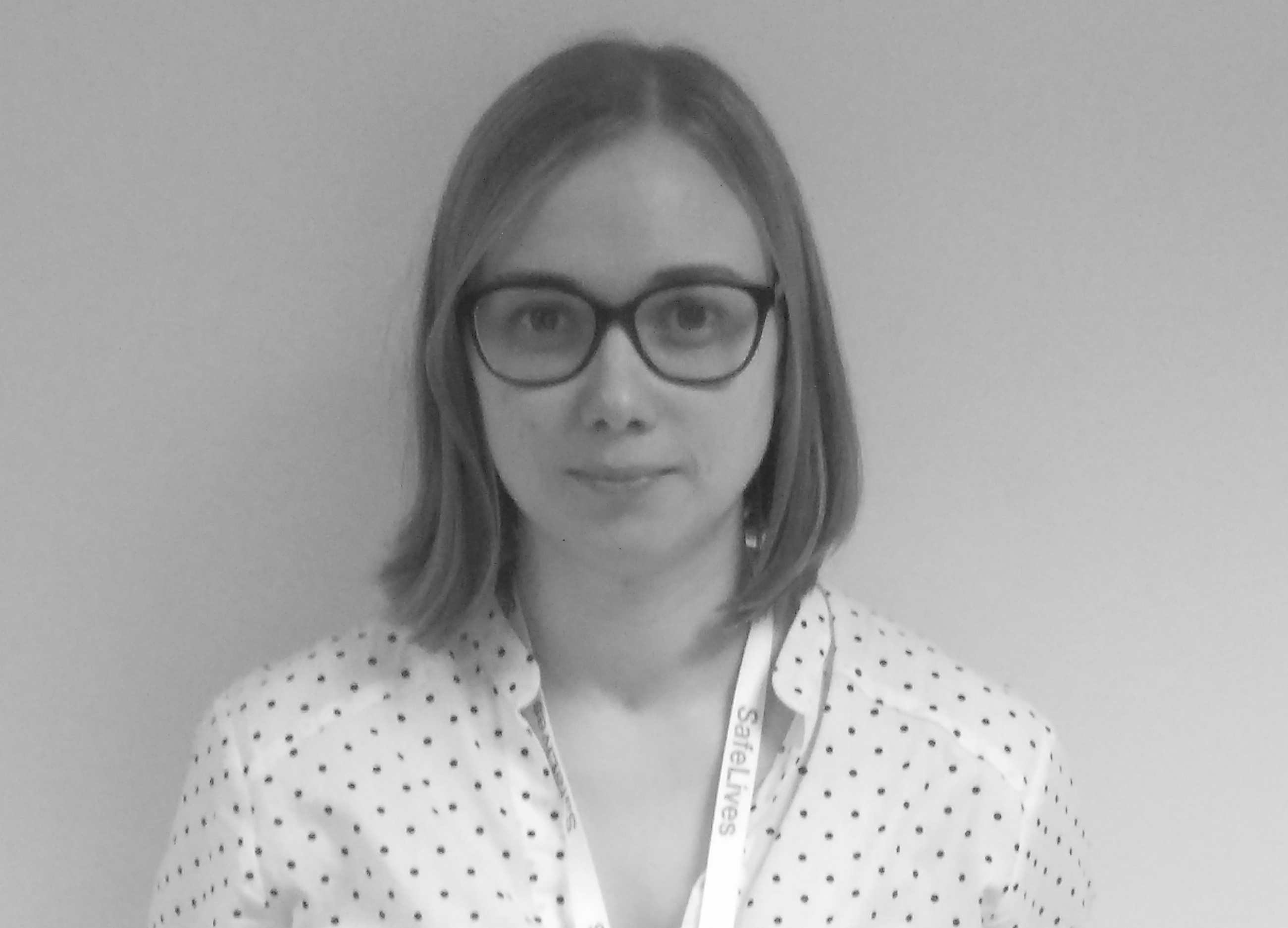5th December 2017
'I want to let them know they're not on their own' – training tomorrow's GPs on domestic abuse
Recent research found that the current level of domestic abuse training given to future GPs is inadequate. As part of the 16 Days of Action against gender based violence, we’re calling for domestic abuse training to be provided to all medical professionals. SafeLives Communications Officer Ruth spoke to Briony – a trainer at SafeLives who recently spent two days training medical students at King’s College London.
Hi Briony, can you tell me a bit about how this training at King’s came about, and what sort of topics you covered?
The training was part of a much wider area of their syllabus which is quite new – around improving access to healthcare for vulnerable patients.

They were second year medical students so most of them were quite a bit younger than the learners I usually train, and all of them are working towards being GPs. Most of it was around the basics: definitions, getting them to think about their ideas around what domestic abuse is, then looking at the Home Office definition, which structures a lot of the responses in the UK. We talked about that question of ‘why doesn’t she just leave?’ exploring the reasons why a person who is experiencing domestic abuse can’t – or shouldn’t have to – leave. We also looked at how abusive relationships develop, and the fact that they start in the way most relationships start. We looked at how a person might develop control over another person and how they sustain that, the different tactics they might use. So really trying to move the focus away from physical violence, towards the different forms of emotional and psychological abuse they might see in their practice.
We then talked about the health impacts of domestic abuse; so the long term effects in terms of physical health, but also in terms of mental health, and the various ways that these might present in patients they see. So we talked about the dynamics of domestic abuse, and how that might impact on what a person tells us, or how they choose to engage at different points depending on what’s going on.
What were you hoping for them to get out of the training?
The main message I wanted them to go away with was ‘you ask about all these other things that have an impact on people’s health, and we know from global research that domestic abuse has a significant effect on health. So why would you not ask about that?’ They need to be comfortable talking about this.
I also wanted to let them know that they’re not on their own – there are places for them to refer to. We know that the mental health impact on GPs can be really high, so as well as helping GPs to give the best response to patients who are experiencing domestic abuse, it’s about reducing the impact on them too. Letting them know that if they come across this, they can feel empowered to take action and refer it on – but they don’t have to deal with it by themselves.
What do you think the difference is between training GPs before they are qualified, compared to later on?
At this point in their training they haven’t seen many patients, so they’re still deciding what their own style of consulting is going to look like – so to train them now, and make this part of their practice, is so much easier than talking to established GPs who are already carrying so much with them.
There’s definitely a role for continued professional development (CPD), and medical practitioners – like many other professionals – do have to have that. It is important because resources change, pathways change, best practice is updated.
But I think it’s such a great opportunity to be able to train them early on, because as students they haven’t got the load of carrying cases and patients, targets, all the things we know that health professionals are dealing with. So to get them at this point where they still have the luxury of some time to think and reflect on ‘what sort of GP do I want to be?’ is really valuable. And, they’re still learning, so they see the training as something for them to take on board and assimilate – rather than something they have to do in order to tick a box. Getting GPs together in a practice for two hours to do training can be incredibly difficult – and it can feel like it’s putting pressure on an already strained service.
The other good thing about making it a part of their training is that it professionalises this issue. It makes domestic abuse awareness another part of their job, rather than a sort of add-on.
Did any interesting discussions come up in the training room? Did they have any preconceptions about domestic abuse?
It’s interesting, I think I actually had some preconceptions, because of the experience I’ve had training established medical professionals. I went in expecting these medical students to have the same ingrained ideas about what domestic abuse looks like… but actually, they’re 19 years old and they got it. I asked them what domestic abuse means and they talked about it not just being physical abuse, how it can be emotional and financial… clearly they’d already absorbed a lot of those messages which I think is a good sign of how things are changing in society. They had some of the same concerns as their older colleagues around ‘what can I do?’, so we gave them some very clear pathways.
Why do you think it’s so important for health professionals to have training on domestic abuse?
Well in research, patients who were survivors said that they were more likely to tell a medical professional – particularly their GP – than the police or someone else. So, on that basis it’s essential that health professionals have this knowledge. This was only a couple of hours of training, but I think it’s enough to plant the seed and get people thinking about domestic abuse as a health issue. It’s not a ‘women’s issue’, it’s not a voluntary sector issue – and it’s not just a criminal justice issue either: four out of five victims never tell the police.
If we know that people are using the health service because of the impact of the abuse they’re experiencing, and we know that people feel more comfortable disclosing abuse to health professionals than anyone else, then it doesn’t make sense for us to not be training them. We’ve got all these expert professionals – Idvas, young people’s workers, outreach workers – who are all doing an amazing job, but we’re not training a key group of people who could be referring to them.
Please would you consider making a donation of £25, or a regular gift of £10 a month, or whatever you can afford to help us call for specialist domestic abuse teams in every hospital in the country? You can donate online here or by texting STOP16 followed by the amount you want to give to 70070. Thank you.




 Linzi: Firstly I was working in youth support work, working with young people who were witnessing domestic abuse. Then we got some funding from Children in Need for me to become a Youth Idva, so now I work with 11-18 year olds who are victims in their own relationships – or victims at home from their siblings. So I provide support for them, to help with their emotional wellbeing and safety.
Linzi: Firstly I was working in youth support work, working with young people who were witnessing domestic abuse. Then we got some funding from Children in Need for me to become a Youth Idva, so now I work with 11-18 year olds who are victims in their own relationships – or victims at home from their siblings. So I provide support for them, to help with their emotional wellbeing and safety.